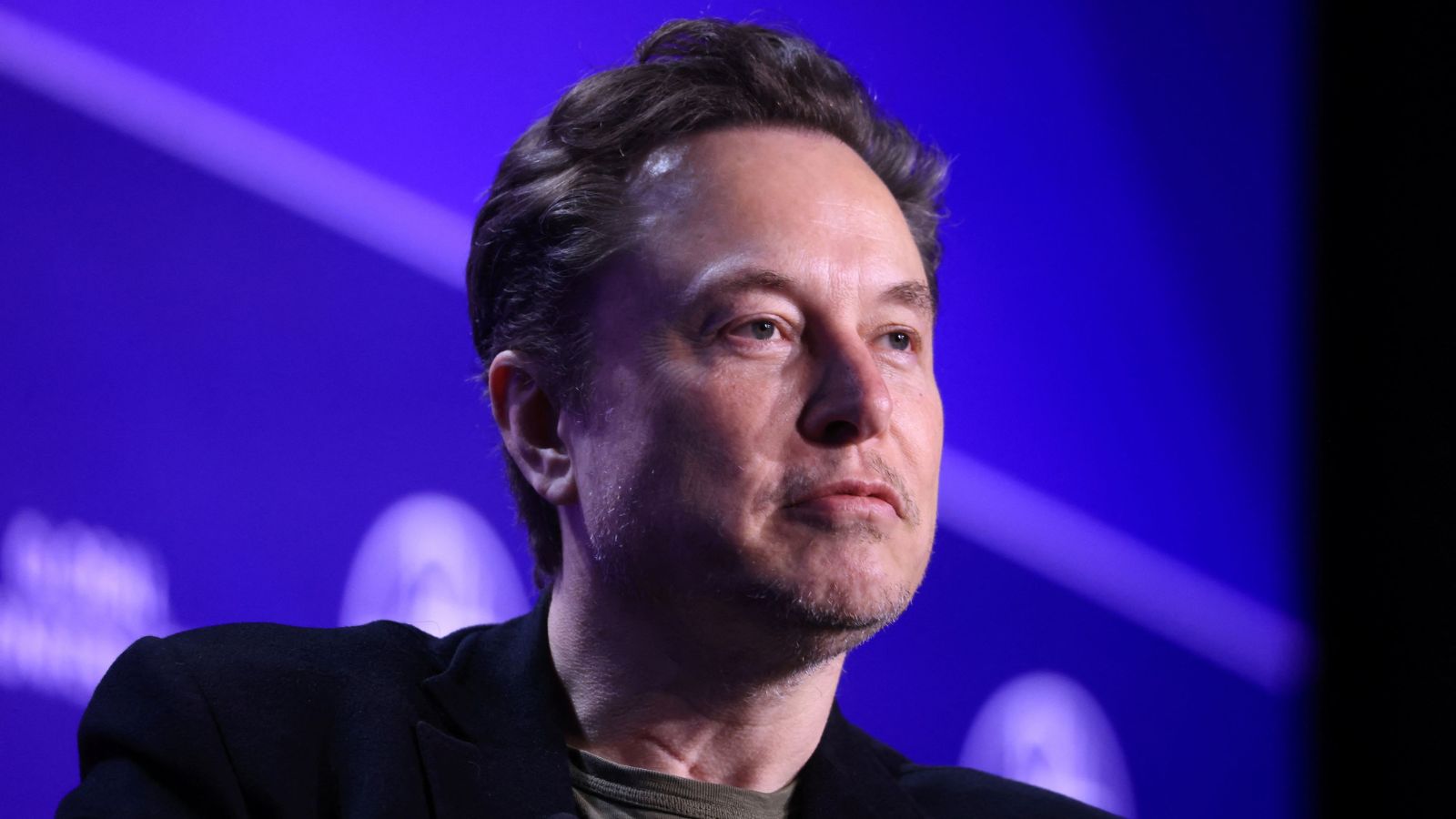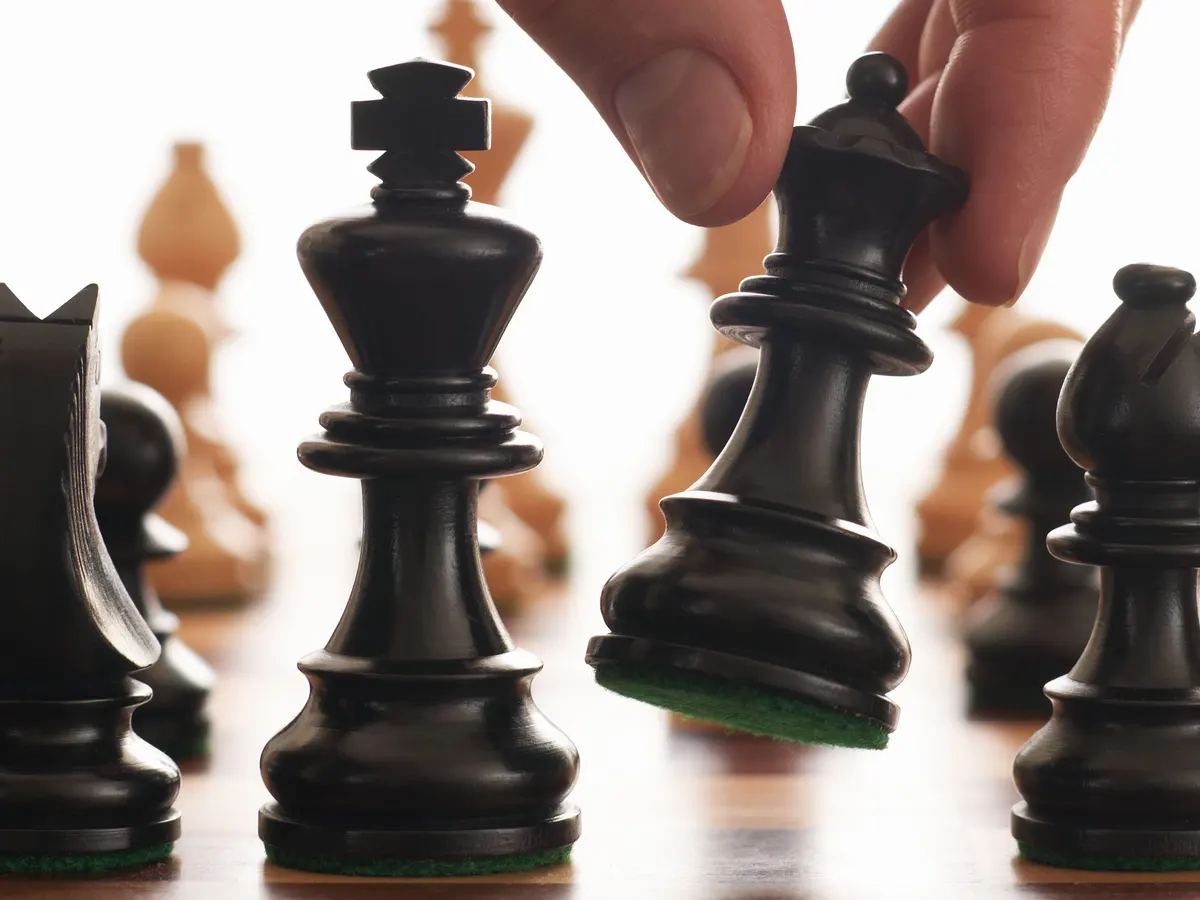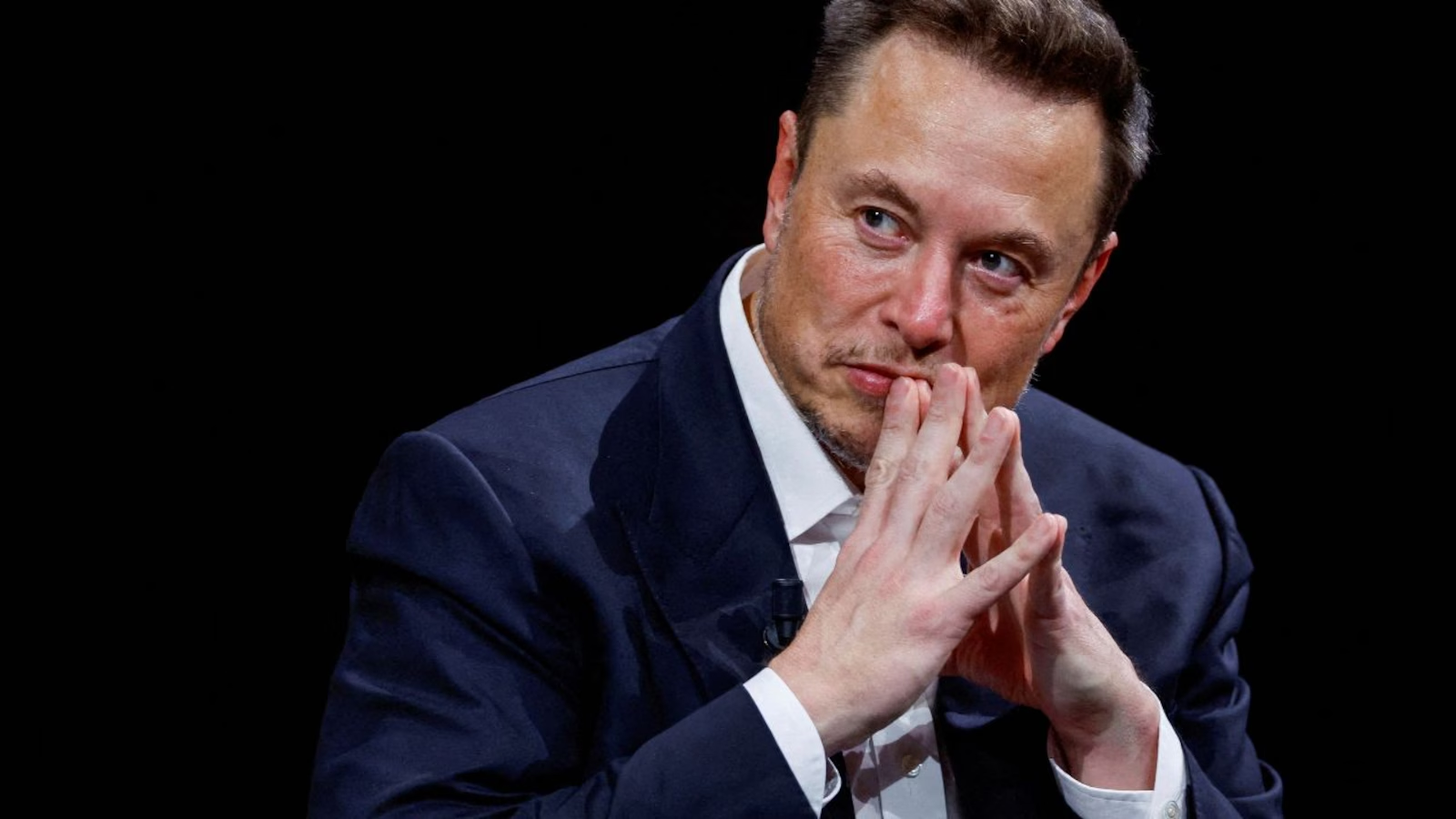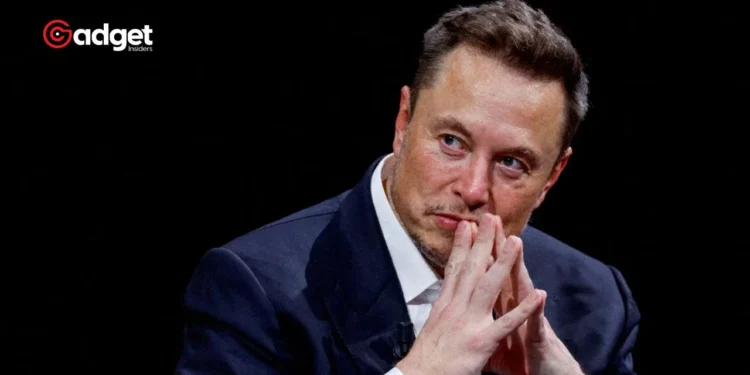Elon Musk, the tech mogul known for his leadership at SpaceX and Tesla, and as the owner of the social media platform X, has stirred the chess world with a bold prediction. Speaking recently, Elon Musk suggested that within the next decade, chess will be “essentially fully solved,” much like the game of checkers.
This statement follows Elon Musk’s history of controversial takes on the game, including a personal reflection that he found chess “too simple to be useful in real life.”

Grandmasters and Experts Weigh In
The reaction from the chess community to Elon Musk’s comments was swift and sharp. Grandmasters and enthusiasts alike have taken to various platforms to express their opinions and concerns about the implications of such a prediction.
Elon Musk’s remarks came amidst discussions that involved bizarre rumors of cheating involving U.S. grandmaster Hans Niemann, which Elon Musk commented on humorously, only fueling more debate and media frenzy.
@elonmusk prediction is that within 10 years (2034) #chess is fully solved. Should we all move to play #shogi ? Or #weiqi ? pic.twitter.com/7ItPKT8QBu
— Davide Nastasio (@DavideNastasio) May 13, 2024
The Technical Challenge of Solving Chess
Emil Sutovsky, the CEO of FIDE, the international chess federation, responded directly to Elon Musk’s claims about AI and chess. “Engines haven’t advanced much for a few years now,” Sutovsky pointed out.
He elaborated on the immense complexity involved in solving chess, noting that even solving all positions with nine pieces remains an unfinished task, let alone addressing the full array of 32 pieces used at the start of each game.

Perspectives from Renowned Trainers
Peter Heine Nielsen, a respected trainer of chess legends like Viswanathan Anand and Magnus Carlsen, offered a nuanced view. He acknowledged the technological advances that have made chess engines incredibly powerful.
“For practical purposes, chess is close to being solved,” he conceded, but he also celebrated chess’s enduring appeal as a sport and its global significance.
A Former Champion’s Insight
Vladimir Kramnik, former world chess champion, also chimed in, suggesting that while AI has profoundly impacted the understanding of the game, the human element remains vital.
“Fully enough to understand almost everything about the game,” Kramnik tweeted, but emphasized the ongoing interest in human competition, especially if computer assistance during games can be effectively managed.

Elon Musk’s Controversial History with Chess
Elon Musk’s interactions with the chess world have not always been harmonious. His previous exchanges with Garry Kasparov, particularly regarding political issues, have been pointed and personal.
Elon Musk once disparaged Kasparov’s chess skills in comparison to his iPhone, sparking further discussions about the role of technology in chess and broader life contexts.
The Future of Chess in the AI Era
As AI continues to evolve, its impact on games like chess offers a fascinating glimpse into the potential for these technologies to challenge and redefine human expertise and entertainment.
Elon Musk’s prediction opens up a dialogue on what it means to solve a game that has captivated human intellect for centuries, and whether the future of chess as a competitive sport can withstand the test of technological advancement.
The debate remains open, with many in the chess community watching closely to see how far AI can truly go in decoding one of the world’s oldest and most strategic games.










